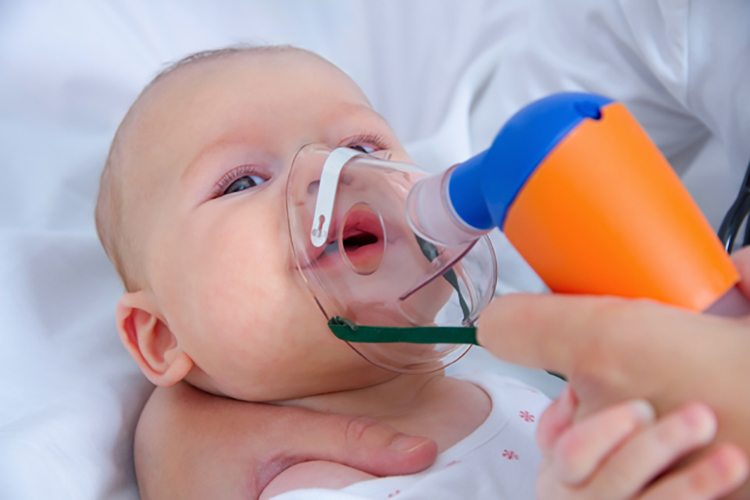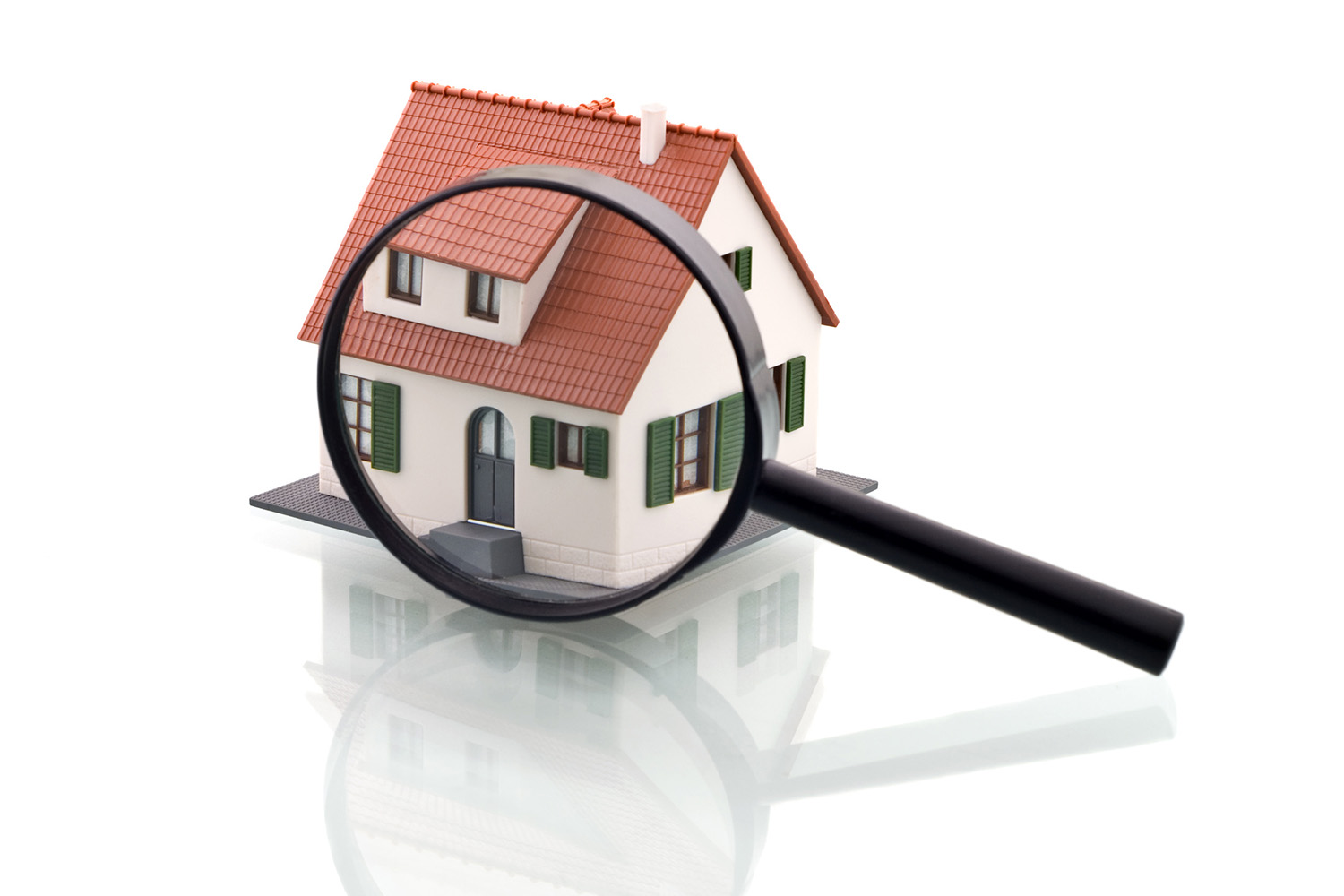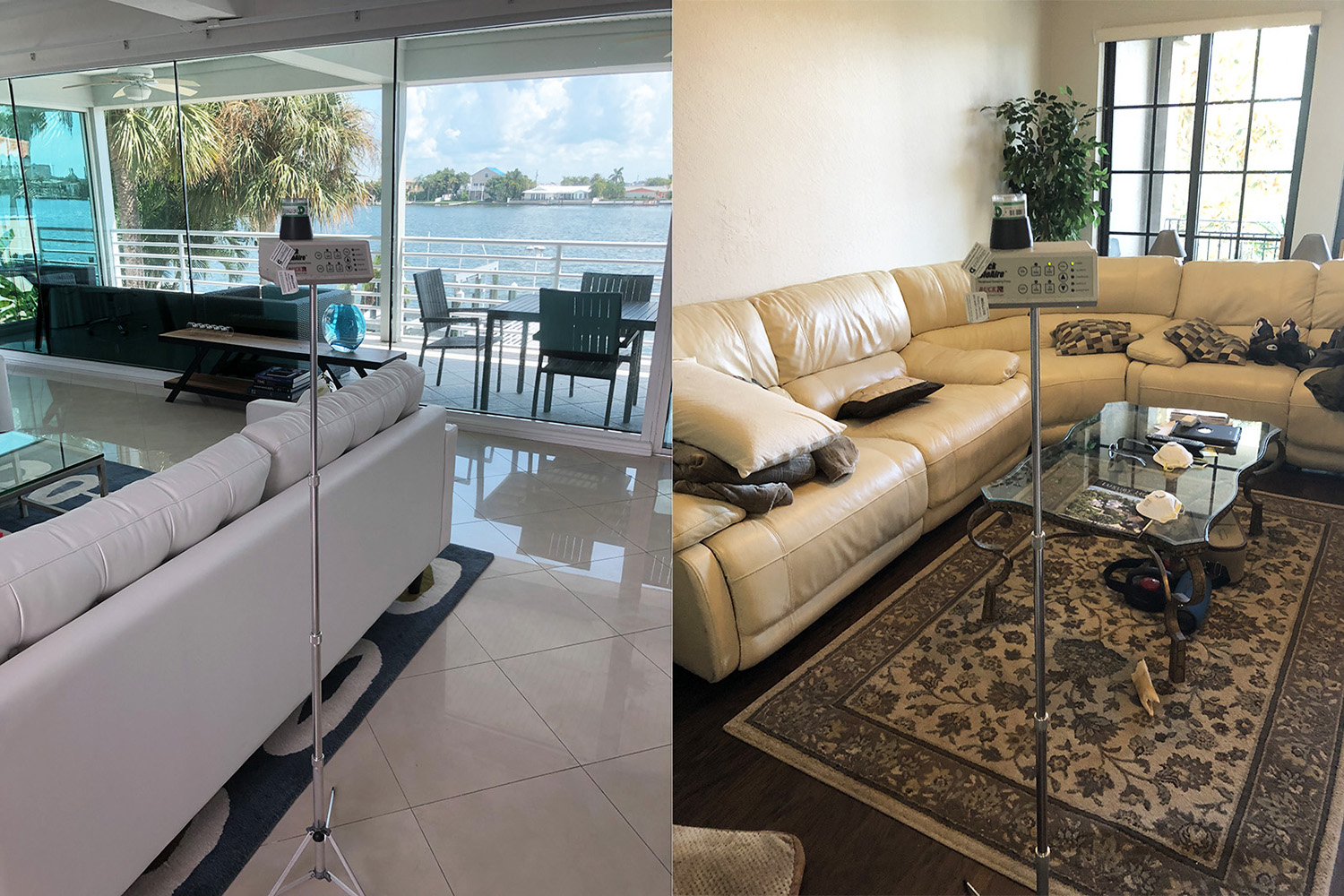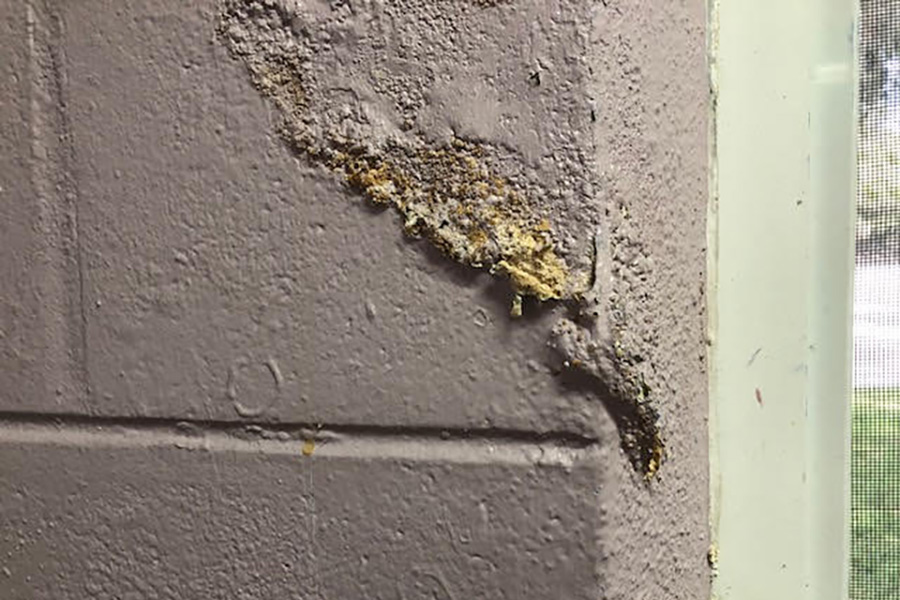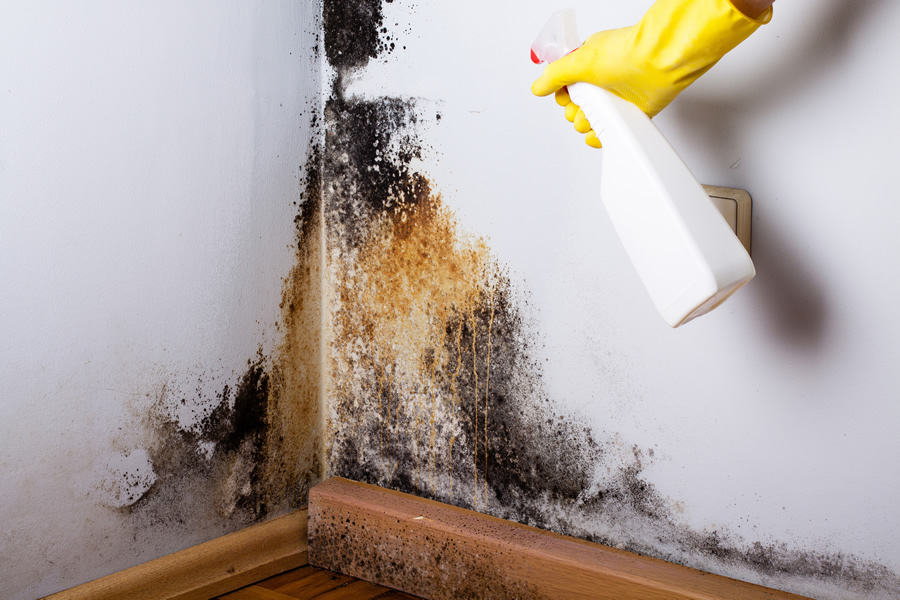Mold can hide in many places, and mold exposure symptoms in babies disguise themselves, often appearing as other conditions, therefore, it is not always possible to immediately detect mold related illnesses when they present themselves. Inhaling mold spores can cause sneezing, a runny nose, itchy eyes, wheezing, and coughing, much like the common cold, and can affect some babies more than others. All types of mold can cause respiratory problems such as coughing, wheezing and respiratory infections.
Up to 10 percent of the general population, including children, are allergic to or sensitive to mold. Because babies immune systems are still growing, they are much more susceptible to mold. Mold can also have a direct affect on their immune system. Although babies with other allergies might be particularly vulnerable to mold, your baby can have a reaction to mold even if he/she is otherwise healthy. Babies can become allergic to mold even if they are not allergic to anything else, and the effects can be severe. According to the book What Every Homeowner Needs to Know About Mold (And What to Do About It), out of reported infant exposure cases in Ohio, there was a 36% mortality rate.
When a baby breathes in mycotoxins (toxins produced by some molds), the blood vessels in the baby’s lungs are weakened, pulmonary hemorrhaging is possible, and there is a possibility of bleeding inside the baby’s lungs. Additionally, when a baby survives a major condition due to mold, it is possible that chronic airway inflammation can follow him/her for a lifetime.
Mold allergies can also trigger asthma. Research has found that children who live in a home with visible mold and a history of water damage have as much as double the rate of asthma, even if their parents don’t suffer from the disease. Most kids with asthma are allergic to mold, and they tend to react more severely to molds than they do to other triggers. If your baby already has asthma, breathing in mold spores can make it worse and trigger an attack. Furthermore, a study done at the University of Cincinnati revealed that babies exposed to high levels of certain types of common household molds have an increased chance of developing multiple allergies later in life.
If you suspect that your baby is being exposed to mold in your home, it is important that you separate your baby from the situation as soon as possible. This can be the difference between your baby growing up healthy and your baby growing up with a load of health issues. Next, schedule a mold assessment as soon as possible with Expert Mold Test. A Licensed Mold Assessor with Expert Mold Test uses their experience and specialized tools (such as a moisture meter and thermal imaging camera) to find hidden mold in your home, and will perform air sampling for mold spores. If you have any questions please call 727.321.9296 or 941.877.0021 ExpertMoldTest.com . Depending on the findings of your mold assessment, you may need a mold remediation or a sanitization. No matter what type of mold exposure you have in your home, you need to get rid of it and stop it forming again. Additionally, if you feel your baby is ill due to mold exposure, try to find a doctor that knows about the connection between mold and babies. Do this as soon as possible to take action on any possible health effects.

